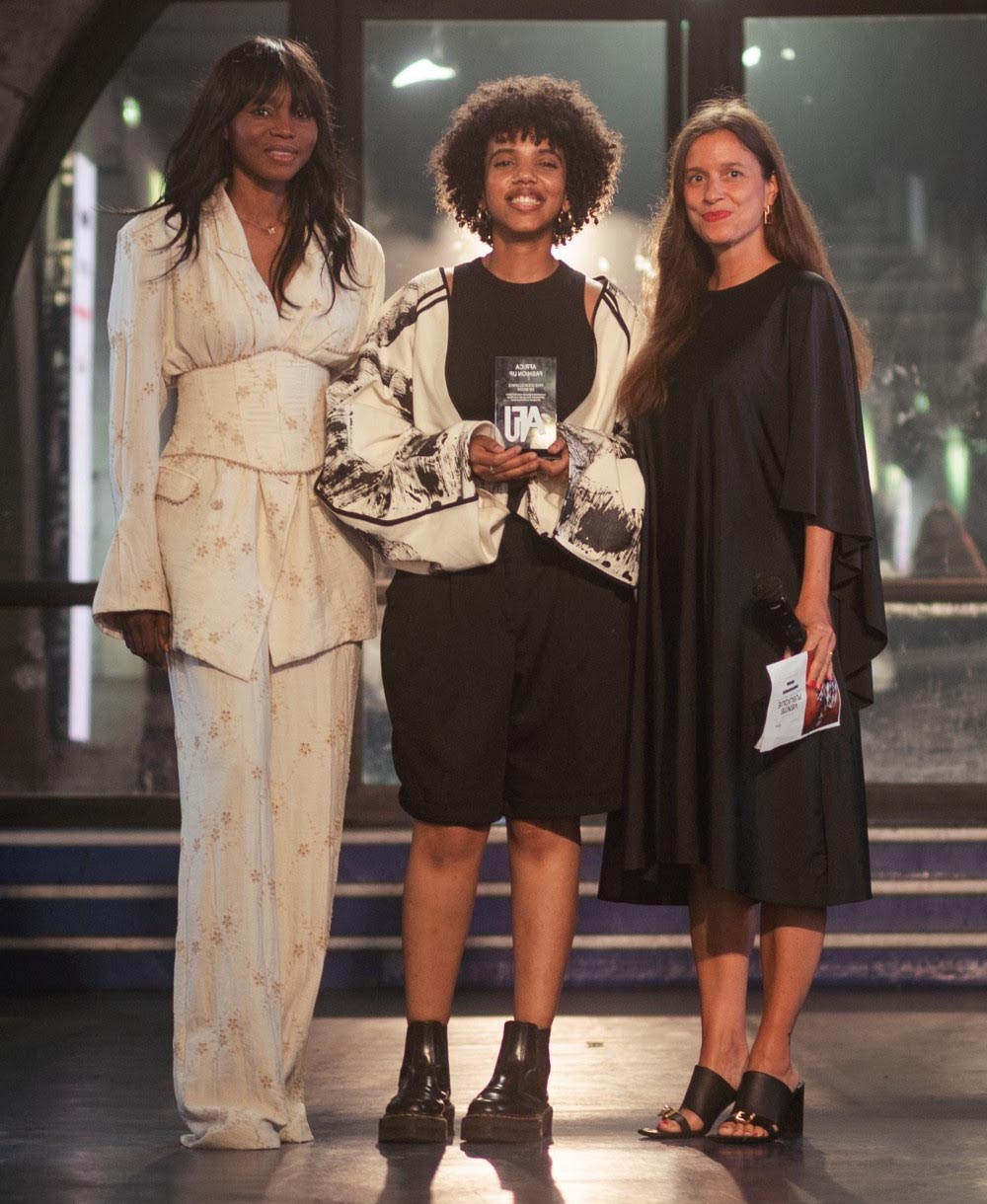TOFAC 2025: Scholars, enthusiasts celebrate Africa's cultural continuity in digital space
Eminent scholars and culture enthusiasts on Tuesday gathered in Osogbo to celebrate the resilience and continuity of African culture in the digital age, with the Yoruba talking drum serving as a powerful metaphor for this enduring legacy.
The event marked the opening of the 14th Toyin Falola International Conference on Africa and the African Diaspora (TOFAC 2025), held at Osun State University, and themed African Cultural Creativity and Innovations.
Delivering one of the lead papers, award-winning journalist and cultural critic, Dr. Lasisi Olagunju, traced the historical and cultural journey of the Yoruba talking drum from its ceremonial roots to its reemergence on global digital platforms. In his presentation titled “The Yoruba Talking Drum: From Townsquare to TikTok,” he described the instrument as “a sonic technology that encodes memory, language, and meaning.” According to him, the drum, traditionally used in rituals, storytelling, and royal communication, has found new audiences on platforms such as YouTube, TikTok, and Instagram.
Olagunju remarked that the talking drum had always possessed the characteristics of a digital instrument—symbolic, algorithmic, and encoded—long before the advent of the digital era. “Now, in this century,” he noted, “it is speaking to the world through smartphones and sound waves.” He encouraged African creatives to embrace digital tools as vehicles for preserving and amplifying traditional culture, warning against relegating such cultural symbols to the museum shelf. “The drum endures,” he asserted, “not as a museum piece, but as a living, beating expression of truth and tradition.”
The opening ceremony also featured a deeply reflective keynote address by Professor Toyin Falola, a globally celebrated historian and the honoree of TOFAC 2025. In his speech, Falola urged Africans to reclaim culture as a vital tool for identity, resistance, creativity, and development. “Culture matters,” he declared, “not just as heritage, but as a living force that defines how we perceive ourselves, relate to others, approach challenges, and imagine the future.”
Falola underscored that culture is embedded in every facet of African life—from language, drumming, and dance to naming practices, rituals, and proverbs. He emphasized that culture shapes values, governance, and innovation, and carries the wisdom of generations. “When an African child learns a proverb, they do not simply memorise words; they inherit layers of philosophy,” he said.
According to Falola, Africa’s immense cultural diversity—comprising over 3,000 ethnic groups and more than 1,000 languages—necessitates cultural literacy to foster unity, peace, and mutual understanding. He highlighted the role of culture in resolving conflicts, aiding diplomacy, and informing development. “Culture is not just about preservation. It is a catalyst for creativity,” he argued, pointing to Nollywood, Afrobeat, fashion, and storytelling as examples of culture’s evolving power in the global creative economy.
The conference, jointly organised by the UNESCO-IFCD-UNIOSUN Cultural Project, the Board of TOFAC, the College of Humanities and Culture at Osun State University, and the Department of History at the University of Texas at Austin, attracted participants from across Africa and the diaspora. Keynote speaker, Professor Nemata Blyden of the University of Virginia, emphasised the importance of African cultural systems as not only reservoirs of ancestral wisdom but as frameworks for innovation and futuristic thinking.
Secretary General of the Pan African Writers Association, Dr. Wale Okediran, also delivered a lead paper, exploring how policy advocacy, artist residencies, and the use of African languages can revitalise the continent’s literary and cultural sectors.
He stressed the need to move culture from the margins of entertainment into the center of socio-economic and political discourse, arguing that only through sustained investment and leadership can Africa’s creative sectors achieve global competitiveness.
One of the standout moments of the ceremony was the conferment of the 2025 UNESCO-IFCD-UNIOSUN Royal Awards on four revered traditional rulers, honoured for their exceptional commitment to cultural preservation and innovation. The awardees were HRM Oba Abdur-Rasheed Ayotunde Olabomi, Odundun IV, the Aragbiji of Iragbiji; HRM Oba (Prof.) Adekunle Adeogun-Okunoye Oyedeji II, the Eburu of Iba; HRM Oba (Dr.) Adedokun Abolarin, the Òràngún of Òkè-Ìlá; and HRM Oba Dr. Hammed Makama Oyelude Tegbosun III, the Olowu of Kuta. Their visionary leadership was commended for advancing cultural continuity and anchoring grassroots development through heritage-centered governance.
Welcoming participants, Professor Mikail Folorunsho, Provost of the College of Humanities and Culture, expressed appreciation for the enthusiasm shown by scholars, artists, and cultural stakeholders. He noted that the conference offered a timely platform to reflect on and showcase Africa’s creative vitality.
Vice-Chancellor of Osun State University, Professor Odunayo Clement Adebooye, described TOFAC 2025 as a wake-up call for Africans to prioritise cultural identity and harness the creative energies of the diaspora. He commended the collaboration between local and international institutions, stating that such engagements reinforce the role of universities in shaping African futures.
Also present were Nigeria’s Minister of Art, Culture, Tourism, and the Creative Economy, Hannatu Musa Musawa, who served as Distinguished Guest of Honour, and Abiodun Bankole Ojo (Fafa), Osun State Commissioner for Culture and Tourism, as Special Guest of Honour. The TOFAC 2025 co-convener, Professor Olukoya Ogen, joined Professor Falola in steering the conference’s vision and execution.
The opening ceremony drew a large turnout from the public and the university community, setting the tone for a week-long celebration of Africa’s cultural ingenuity and its expanding influence in the digital age.










